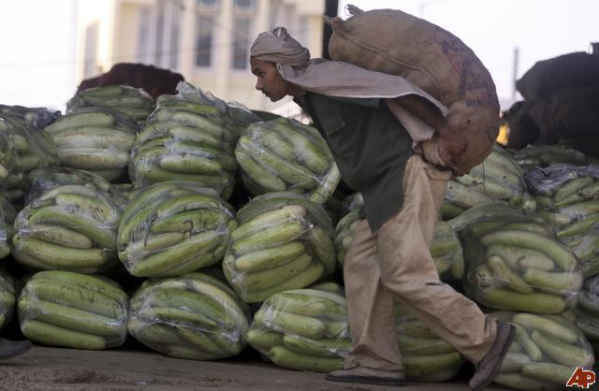Indian economy is one of the largest economies in the world. It isn’t surprising that India rank 11th in terms of nominal GDP (Gross Domestic Product) and 3rd in terms of PPP(Purchasing Power Parity). But this stupendous growth is accompanied by the emergence of new problems and challenges.
And one of the most grave of them all is that of price rise. There has been widespread uproar regarding the skyrocketing prices of commodities of daily use. Both the government and the citizens have been facing a hard time due to its inability to put a check on the rising inflation rates.
Causes:
To analyze the causes we need to look at the internal and external factors. External factors include global inflation. For example, if an item is imported to India from some foreign country and its price rises, it automatically results in increased production costs in the Indian market. External factors can’t be controlled but internal factors can be. The economists hold the view that due to unprecedented growth in the purchasing power of the people the supply is unable to meet the demands, hence creating price rise in various sectors. Or in other words too much money is chasing few goods. Sometimes the cause may be natural. For example there is a steep rise in the prices of goods of agricultural sector whenever there are occurrences of droughts and floods which lead to shortage of food grains.
The other factor responsible for price rise is increase in production costs. For example increased wages for the labor will result in increased price of production. Besides these there are other causes such as hoarding. Recently onion prices reached new heights owing to the large scale hoarding creating artificial shortage. Also increased population has also contributed significantly to increased price. More population means more mouths to feed and more mouths to feed means increased consumption which inturn results in price rise (inflation).
ADVERTISEMENTS:
A certain amount of price rise is inevitable in a developing economy because as income level rises due to newly created opportunities the demand increases. And since a large proportion of the people do not have basic necessities, so the money is spent rather than saved. This creates a direct pressure on the market to supply more goods. But above a threshold limit the price rise begins to have a negative impact on the economy.
Another reason for inflation is continued negligence of agricultural sector. The Indian economy has emphasized Industrial sector for too long but agricultural sector has been ignored ever since independence. Due to this, the supply of raw materials has not kept pace with the consumption.
The heavy taxation on industries has also added to the increase in inflation as the increased production cost reflects in the final price of the finished products.

Image Source:
nimg.sulekha.com/others/original700/india-price-rise-2009-11-11-7-10-9.jpg
Consequences:
The increase in prices reflects directly in the lives of people. The increased price renders the poor unable to buy the goods of basic use .Indian economic model supports both capitalism and socialism. The increasing prices have a lasting impact on the lives of poor whereas the rich are usually unaffected by inflation. Especially those who have fixed incomes, for example, government employees are hit the hardest by inflation. The government provision of dearness allowances becomes insufficient for the new prices. The exports are also adversely affected resulting in imbalance in the foreign trade.
ADVERTISEMENTS:
The rise in prices of goods results in wage-price spiral. Due to increased price, the labor demands higher wage which in turn adds to the cost of goods and thus forming a loop. This can create uncontrolled rise in price. The business planning is also affected by the increased prices due to uncertainty in the costs and prices
Remedies:
The foremost solution to stop price rise is increasing the supply. But sometimes increasing supply is not possible due to factors that can’t be controlled. For example unavailability of raw materials for production due to natural causes like floods. The other solution is to stop money from entering the market. This can be achieved by making people spend money in bonds by increasing the interest rates. Banks may increase the interest rates for loans to restrict the flow of money into the system. The corrupt practices like hoarding must be stopped to maintain a continuous flow of products. The taxation on the industries and imports must be controlled and kept reasonable to keep the final price under radar.
End Note:
Price rise is a serious problem that has to be tackled thoughtfully. The development of nation is restricted by inflation. New and innovative policies need to be implemented to counter this problem.
